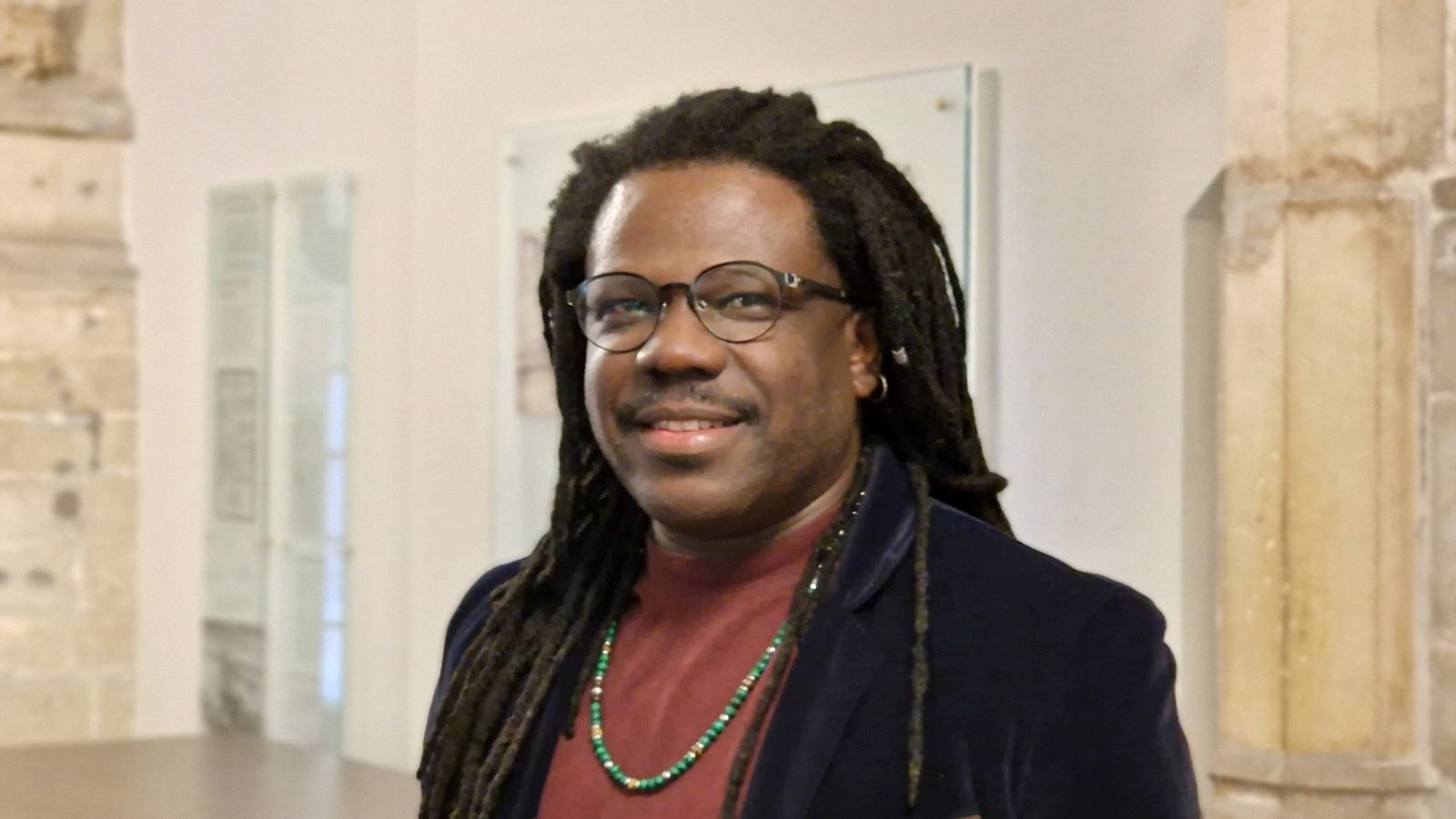
Jean-Claude Fignolé’s Spiralist novel evokes complex temporalities of ancestral knowledge, moving between the late twentieth century and the turn of the eighteenth century. Duke University Press writes that “the swirling, multilayered novel provides intimate portraits of an eighteenth-century slaveholder, his wife, and their enslaved laborers set against the devastating backdrop of enslavement and revolution… interwoven with that of a present-day French nun. One of the few contemporary Haitian novels to explicitly grapple with Haiti’s revolution, Quiet Dawn foregrounds issues of race, power, the continuing legacy of historical trauma, and the unresolved tensions between the past and present.” The introduction may be read here.
With special thanks to Amsterdam School for Cultural Analysis, NWO funded Re/Presenting Europe Consortium, the Research Center of Material Culture at het Wereldmuseum, Duke University Press, Rachel Gillett and Wayne Modest, as well as Olombi Bois, Isabella Hall Allen, Eloe Kingma, Ilaria Obata, Clara Ramos, and Carine Zaayman.





